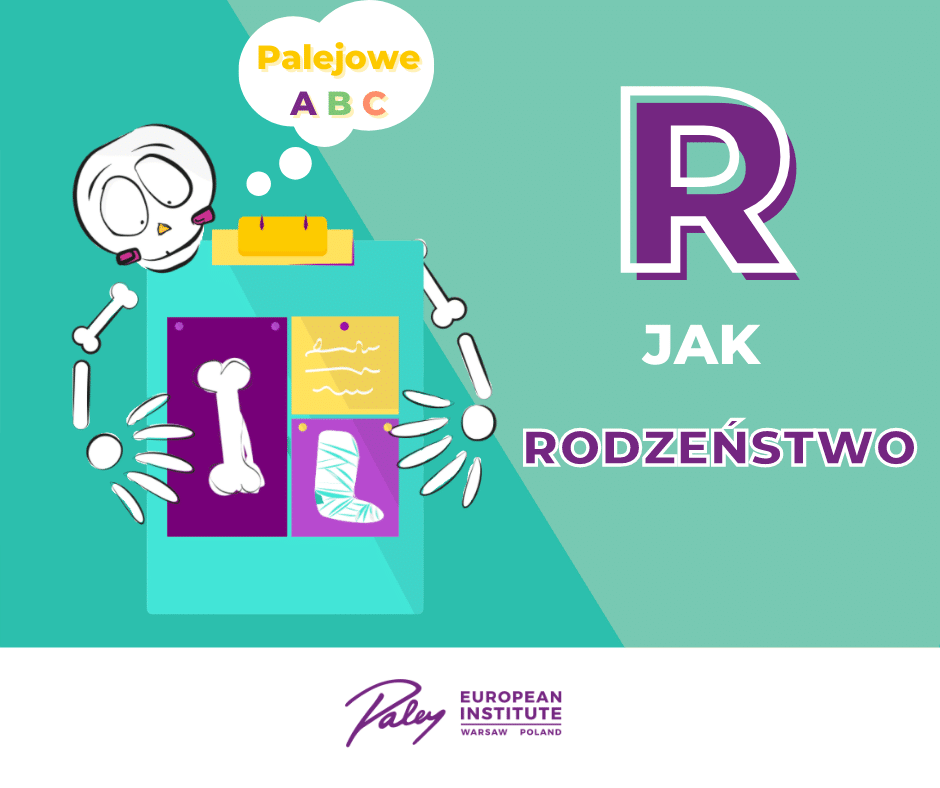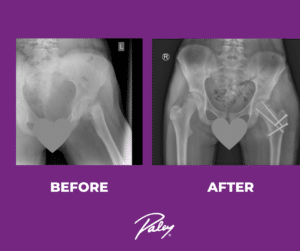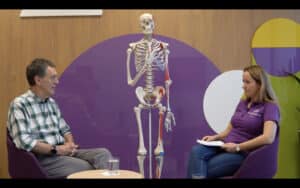Such children tend to be more resourceful than their peers, they play the role of a group leader more often, they are able to distinguish between good and evil more efficiently and make less risky decisions. In the group, they sometimes take on the role of a guardian and a guide of other children, because they have higher social skills. Many of these children in adulthood take up the so-called professions of “helpers” – doctors, psychologists, social workers. The other side of the coin, however, may be a complete reluctance to enter into such roles or to have children of your own. This may be the result of, among other things, long-term burden of duties beyond the child’s capacity, as well as the desire to break out of the role of caregiver.
Siblings of children with disabilities experience a range of stressors and feelings that can increase the risk of emotional and behavioral problems. Children may feel angry, frustrated and jealous because their parents devote more time and attention to their siblings. Usually, caring for a disabled or a sick child is associated with costly medical visits and therapies, which may mean that parents may not have enough funds to satisfy their desires or to provide additional activities for healthy children.
Equally important behavior as outbursts, tearfulness or refusing to help at home are withdrawal, meeting all expectations and the so-called not dealing with problems. Although such children are easy to ignore and it is easy to label them as helpful and mature, they may struggle with many emotional difficulties, loneliness, isolation, a sense of misunderstanding and acceptance, which they do not want to show outside for fear of losing attention and appreciation of their parents. Such children are well aware of the difficulties faced by their guardians on a daily basis and do not want to burden them with their worries. They hide their anxieties, fears and sadness from the world, not wanting to cause problems.
While this may not be easy to organize, it is a good idea to plan some time for parents to spend only with a healthy child. It can be going shopping (even groceries), going to the post office or just walking around the house. It is important, however, to have a space to listen to the child and what he wants to convey to us. Often during such moments together, important and lofty topics do not have to arise. The most important thing, however, is to spend a moment together, alone, focusing all attention on the child. Then, it is not worth asking about such mundane matters as school or kindergarten, and focus more on emotions, interests or dreams.
Healthy siblings can experience a range of emotions towards themselves, their parents and a disabled or sick brother / sister. Some feel guilty and think the whole situation happened because of them. They may feel anxious about their siblings’ health, but also about their own. After all, if a sister or a brother is experiencing health difficulties, they may also get sick. Other children may experience shame and embarrassment in their siblings’ behavior, and this can lead to isolation from peers and avoidance of inviting friends home. In order to slightly facilitate adaptation to these living conditions and understanding the situation, it is worth explaining to the children what the difficulties of their siblings are. Perhaps, it will also be worthwhile to invite the child to medical appointments from time to time, so that they can ask questions to professionals dealing with their disabled or sick siblings. Reliable knowledge and information obtained from parents or health care specialists will help the child to figure out what is happening in his head and not create scary and black scenarios.
Healthy siblings often have an unspeakable burden of expectation of being perfect. Siblings of people with special needs see each day how hard their parents are working to ensure that all the needs of the family are met. Not wanting to give them worry or hardship, they want to be perfect all the time. Such high standards are impossible to meet, which puts a burden on the young person, adding stress and leading to the belief that they are not good enough. Sometimes brothers and sisters feel that their feelings don’t matter to the rest of the family. A disabled or chronically ill child may require a great deal of attention and energy from parents to provide them with the care they need. As a result, healthy siblings may feel left out or neglected. They often see their brother’s or sister’s needs as more important, which can affect their self-esteem.
As parents age and become older, healthy children may worry about their and their siblings’ future when their parents are no longer able to care for a sick or disabled child.
By observing your healthy child, you can fall into the trap of downplaying and minimizing his problems. When struggling with the disability or illness of another child, parents may no longer have the resources and awareness of the difficulties of a healthy child. Typical for a child’s development, school or peer problems may be ignored and underestimated by the parents, because in their eyes they do not pose such a threat or challenge as the difficulties of a sick child. This, too, can lead parents to expect that healthy child will always be strong and manage because they are not disabled or sick. For a healthy child, such treatment is associated with great loneliness and despair. He would like to be noticed, appreciated and supported because his matters are important to him. When the parent does not consider them important, the child stops believing that they are important to the parent.
How a child perceives a sibling’s disability or illness largely depends on how the parents approach this topic. Children absorb and imitate their approach, beliefs, values and ways of coping with challenges. In order to build good relations between siblings, it is worth focusing on devoting time specifically to each child, encouraging them to help, but not forcing them to do it , and paying attention to the emotions and needs of all their children.
Source of knowledge and inspiration thanks to which this article was created:
Goudie A., Havercamp S., Jamieson B., Sahr T. (2013) Assessing F unctional Impairment in Siblings Living With Children With Disability, Pediatrics
Giallo R., Gavidia-Payne S., Minett B., Kappor A. (2012) Sibling voices: the self-reported mental health of siblings of children with a disability. Clinical Psychologist






